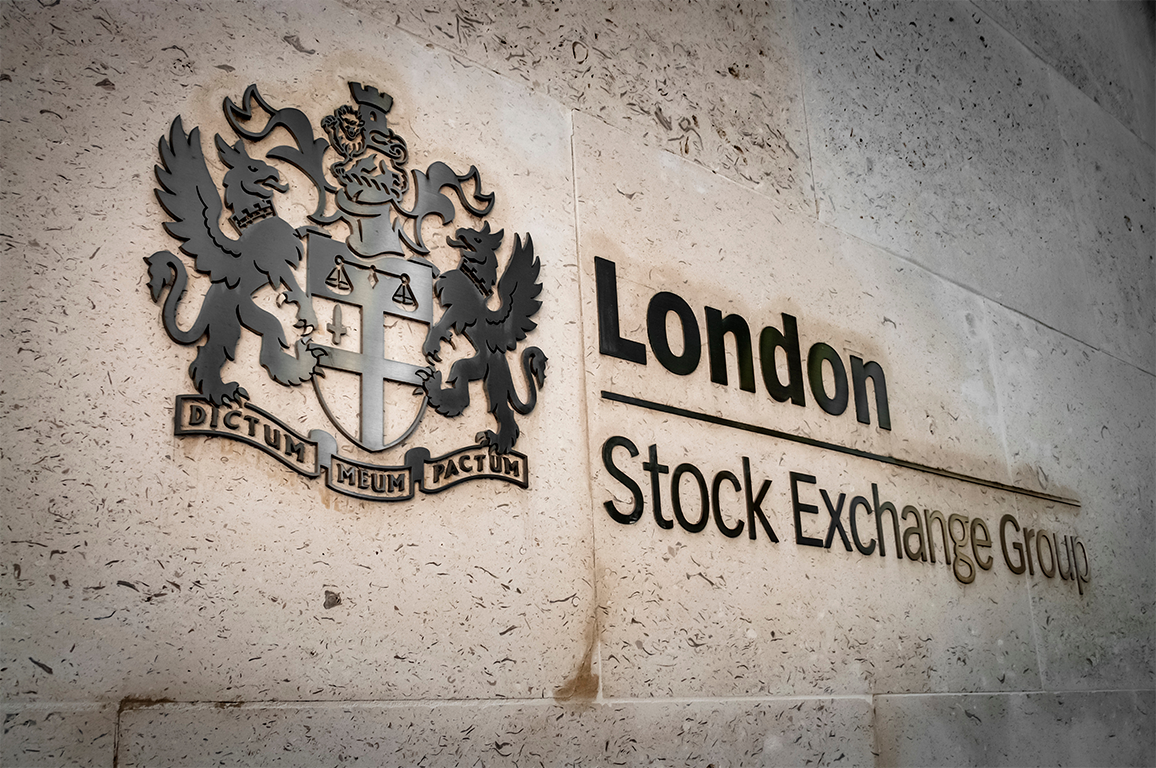Shein, the controversial fast fashion behemoth, is setting its sights on a significant milestone: listing on the London Stock Exchange. This move, expected to value the company at an astonishing $66 billion (£51.7 billion), marks a pivotal moment for both Shein and the UK market. As the firm prepares to file the necessary paperwork with the Financial Conduct Authority (FCA), the potential implications for the fashion retail industry and the broader financial market are profound.
Shein’s Business Model: The Secret to Its Meteoric Rise
Shein’s business model has been nothing short of revolutionary. By offering an extensive range of affordable clothing and leveraging the power of social media influencers, Shein has skyrocketed to become one of the world’s largest fashion retailers. The company’s “test and repeat” approach, first popularized by Zara, allows Shein to quickly bring new items to market, responding dynamically to consumer trends. This strategy, combined with the promotional prowess of influencers and reality TV stars, has cemented Shein’s place at the forefront of fast fashion.
During the COVID-19 pandemic, when many brick-and-mortar stores struggled, Shein thrived by capitalizing on the shift to online shopping. The brand’s ability to offer trendy, budget-friendly apparel directly to consumers’ doorsteps positioned it as a go-to retailer for fashion-forward yet cost-conscious shoppers worldwide. As a result, Shein’s user base and sales soared, solidifying its reputation as a dominant player in the fast fashion industry.
Controversies and Criticisms: Can Shein Overcome Its Dark Side?
Despite its commercial success, Shein has faced a barrage of criticism. Environmental activists have lambasted the company for its unsustainable practices, and there have been troubling allegations of forced labor within its supply chain. Recent reports suggest that workers in Shein’s supplier factories often endure excessive overtime, despite promises of improved conditions. As Shein prepares for its UK listing, these controversies are likely to cast a shadow over its public image and raise questions about its business ethics.
In response to mounting environmental concerns, Shein has launched several initiatives aimed at reducing its ecological footprint. The company recently introduced a resale platform in France, allowing customers to buy and sell pre-owned Shein items. This platform, which debuted in the US two years ago, is set to expand to the UK and Germany, signaling Shein’s commitment to promoting sustainable fashion. However, critics argue that these efforts are insufficient given the scale of the company’s environmental impact.
On the labor front, Shein has repeatedly denied allegations of forced labor, maintaining a “zero tolerance” policy. Nevertheless, a recent investigation by the Swiss advocacy group Public Eye revealed that workers in Shein’s supply chain are still subjected to grueling working hours. Interviews with employees from six factories in Guangzhou, China, highlighted the prevalence of excessive overtime, undermining Shein’s assurances of improved labor conditions. These revelations underscore the ongoing challenges Shein faces in cleaning up its supply chain and enhancing worker welfare.
Implications for the UK Market: A Game-Changer or a Risk?
Shein’s potential listing on the London Stock Exchange could be a significant boon for the City of London, especially as the UK seeks to attract more high-profile companies to its financial markets. A UK share listing would not only boost business for the wider financial services industry but also signal confidence in the UK as a hub for global commerce. However, regulatory scrutiny will be intense, with Shein needing to navigate both financial regulations and public opinion.
If successful, Shein’s listing could herald a new era for the London Stock Exchange, attracting other international firms to consider London for their public offerings. The UK government, eager to bolster its financial sector post-Brexit, has been actively courting companies like Shein, offering a more favorable regulatory environment compared to the US. Shein’s executive chairman, Donald Tang, has held meetings with key UK officials, including Chancellor Jeremy Hunt and Shadow Business Secretary Jonathan Reynolds, to discuss the potential float. These discussions reflect the strategic importance of Shein’s listing for the UK economy.
However, the listing is not without risks. Shein’s controversial reputation and the ongoing scrutiny of its business practices could pose significant challenges. The FCA will closely examine Shein’s compliance with UK regulations, and any missteps could jeopardize the listing. Furthermore, public sentiment towards Shein, shaped by its environmental and labor controversies, will play a crucial role in determining the success of its market debut.
Future Prospects and Challenges: What Lies Ahead for Shein?
Looking forward, Shein faces a dual challenge: expanding its market presence while addressing the ethical and environmental concerns that have plagued its reputation. The company’s recent initiatives, such as launching a resale platform to bolster its green credentials, are steps in the right direction. However, Shein will need to make significant strides in transparency and worker welfare to convince both regulators and consumers of its commitment to responsible business practices. The outcome of Shein’s UK float will be a litmus test for its future prospects in the global fashion industry.
As Shein continues to grow, its ability to innovate and adapt will be crucial. The fast fashion market is highly competitive, with rivals like Zara and H&M constantly evolving their strategies. Shein’s emphasis on rapid production and trend responsiveness has been a key driver of its success, but maintaining this pace without compromising on ethical standards will be a delicate balancing act. Moreover, as consumer awareness of environmental and social issues increases, Shein’s efforts to improve its practices will be closely monitored.
Shein’s planned UK listing represents both a significant opportunity and a formidable challenge. The company’s ability to navigate regulatory hurdles, address public concerns, and sustain its growth will determine its long-term success. For the fashion industry and the financial markets alike, Shein’s next steps will be closely watched, setting a precedent for future listings of global fast fashion giants.
Sources:

